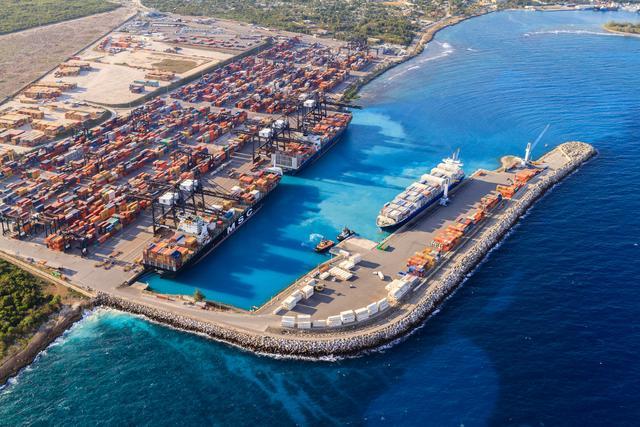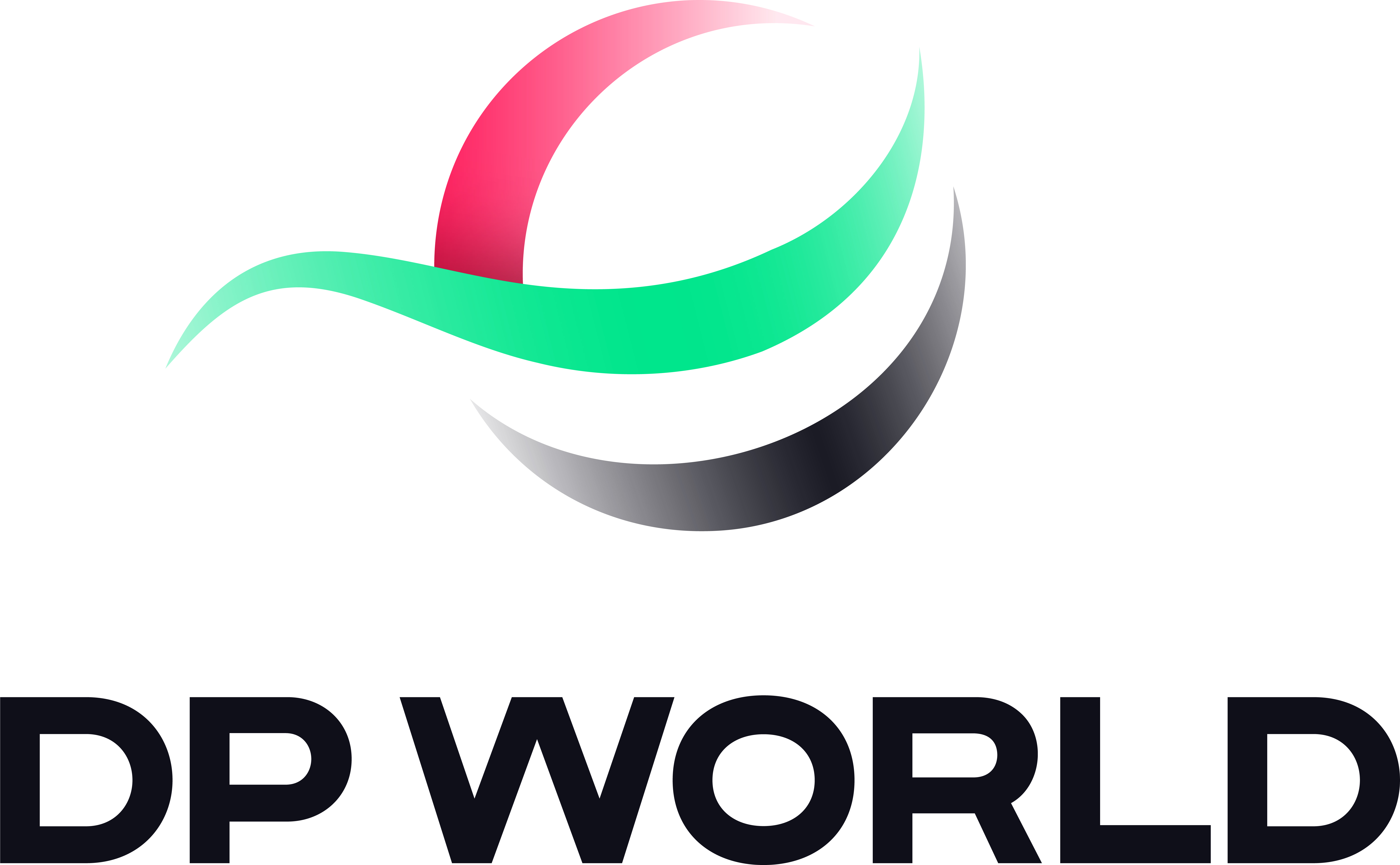Strengthening Trade Corridors: Why Connectivity Is the Next Competitive Advantage
DP World’s Morten Johansen’s Forbes Business Council article highlights how the Americas can unlock growth through efficient, digitally enabled trade routes

As global supply chains pivot toward proximity, resilience, and speed, the Americas are emerging as a focal point for logistics innovation. In his recent Forbes Business Council column, “Beyond Ports and Roads: Unlocking Trade Corridors in the Americas,” Morten Johansen, COO of DP World in the Americas, outlines how regional trade corridors can become catalysts for sustainable growth and cost competitiveness.
Johansen notes that Latin America’s logistics market surpassed $360 billion in 2024 and is projected to grow more than 6% annually through 2030. Yet, exporters still face steep disadvantages – shipping from Latin America to the U.S. can cost up to 57% more than from high-income countries.
Building smarter, faster, more resilient trade routes
From Mexico’s nearshoring boom to Brazil’s integration of rail and port systems, corridor projects are transforming the region’s economic potential. Johansen argues that the true measure of a successful corridor isn’t “miles of asphalt,” but the efficiency gains, cost reductions, and resilience they unlock.
Technology is also redefining competitiveness. Digital platforms, AI-driven visibility, and blockchain-enabled customs can reduce clearance times from days to minutes, freeing up capital and cutting costs. “Corridors are business strategies,” Johansen writes – “they create the conditions for tomorrow’s opportunities.”
Collaboration drives results
The piece underscores that public-private partnerships are essential for scaling impact, combining government investment with private-sector efficiency. Johansen calls this “strategic investment, not philanthropy,” urging business leaders to see corridor development as a long-term value driver.
As climate disruptions intensify, DP World’s own projects – from Ecuador’s Posorja deepwater port to the Dominican Republic’s future Special Economic Zone (SEZ) – show how resilient, digitally connected infrastructure can future-proof trade while supporting inclusive regional growth.
Read Morten Johansen’s full Forbes Business Council article: “Beyond Ports and Roads: Unlocking Trade Corridors in the Americas.”

